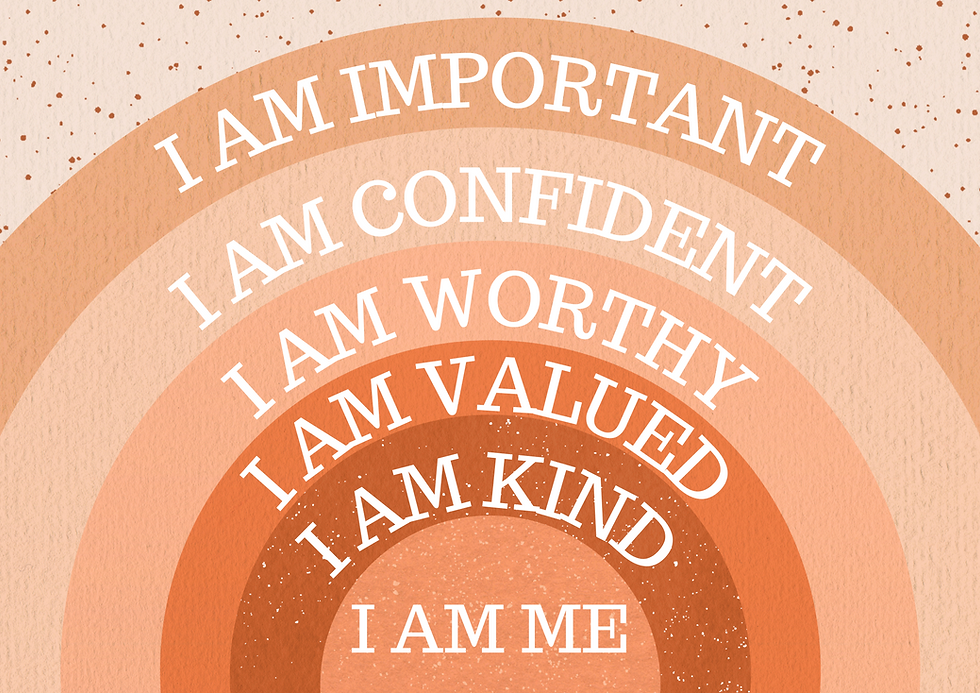Questions & Concerns About Protein: A Plant-Based Perspective on Amino Acids, Soy, & Supplements
- Stephanie Genco Gasiecki

- Jul 27, 2021
- 3 min read
Most of the questions I've gotten over the past few years have had to do with PROTEIN. I addressed some of these in my last post, "How do you get protein on a plant-based diet?" Today I'd like to go a little further, though, and discuss a few specific questions that have been recent hot topics.
1. "Don't you need to eat complete proteins?"
Actually, what you need to eat are amino acids. Amino acids are what we call the "building blocks of protein," and while there are many of them, 9 are what we call essential. Essential amino acids (just like other essential nutrients) can't be made in the body; we need to consume them from our diet.
Plant foods contain varying kinds of amino acids. Some, such as tofu and quinoa, contain all 9 essential amino acids and are therefore referred to as "complete." Other plant foods, though, may have high amounts of some amino acids and low amounts of others. This means that we need to eat a variety of beans, grains, nuts, seeds, vegetables, and fruits to best consume all needed building blocks.
There used to be an idea that you had to consume them in the same meal to be effective (think of the rice & beans combo) but this is false. You can consume a variety of plant food throughout the day and you body will know what to do!

2. "Should my family avoid soy?"
If they are allergic, yes. Otherwise, probably not!
Many of the concerns surrounding soy have to do with either GMOs or estrogen. Most GMO soy is fed to cattle, so there is little area for concern there (unless you are consuming beef if that has consumed it). When purchasing so for your own consumption, you can choose to buy organic soymilk, tofu, tempeh, edamame, etc. and avoid GMOs that way.
Soy does contains phytoestrogens (plant estrogens) that have been shown to IMPROVE breast cancer rates (women in Asian countries where soy is consumed regularly are 5x less likely to develop) among other disease preventative properties. Research also does NOT support the idea that soy interferes with men/boys.
As with other foods we talk about, we can feel free to consume minimally processed forms or soy regularly, but should limit highly processed forms.

3. "How do I choose a protein powder?"
While protein powders are NOT necessary and you absolutely can/are preferred to get the appropriate amount of protein from your diet, protein powders can be extremely convenient when you are "on the go," or helpful when you are strength training and working to increase muscle mass.
When I use/recommend it, I (of course) look for plant-based powders without a lot of additives or fillers. Most are pea protein based, but may also include seed or grain blends. I aim to keep added sugar and oil low. This is my favorite! (Not a sponsor, yet, but sure wish I was!)

4. "Are collagen supplements necessary?"
No.
I'll rephrase that: Absolutely not.
Collagen is the structural protein in connective tissues (think tendons and ligaments) that makes them stretchy, and what gives skin its elasticity. Since it is literally connective tissue, there is no plant-based collagen; there are only plant-based supplements that can encourage your bodies OWN collagen production. This can be a good thing!
Your body uses amino acids, plus nutrients such as vitamin C, zinc, copper, silica, and polysaccharides (a kind of carbohydrate) to produce collagen. When we make sure we have enough of those nutrients, through diet and supplementation, we can make sure our bodies can produce what they need.
Be sure you're consuming a serving or two of beans, nuts, and seeds daily. If you ARE wanting to add some supplements, Aloe is a good source of polysaccharides, and this is a good Vitamin C I'd recommend.
If skin elasticity is your biggest concern, check out this Collagen Boost Serum from my favorite skin care line - if you use BEWELLWITHSTEPH at checkout you'll save 15%!

Listen to me talk about ALL of this in my recent episode of Be Well with Steph, The Podcast:
Want to Follow/Subscribe & listen to "Be Well w/ Steph, The Podcast" in your favorite place? Here are some links for ya!

Eating habits and struggles are unique to each individual. These are just general thoughts! Working with a Nutrition Coach can offer personalized support and strategies that work for YOU. If you'd like to chat about nutrition coaching, you can book a free Discovery Call any time by visiting www.bewellwithsteph.com/workwithme




Comments